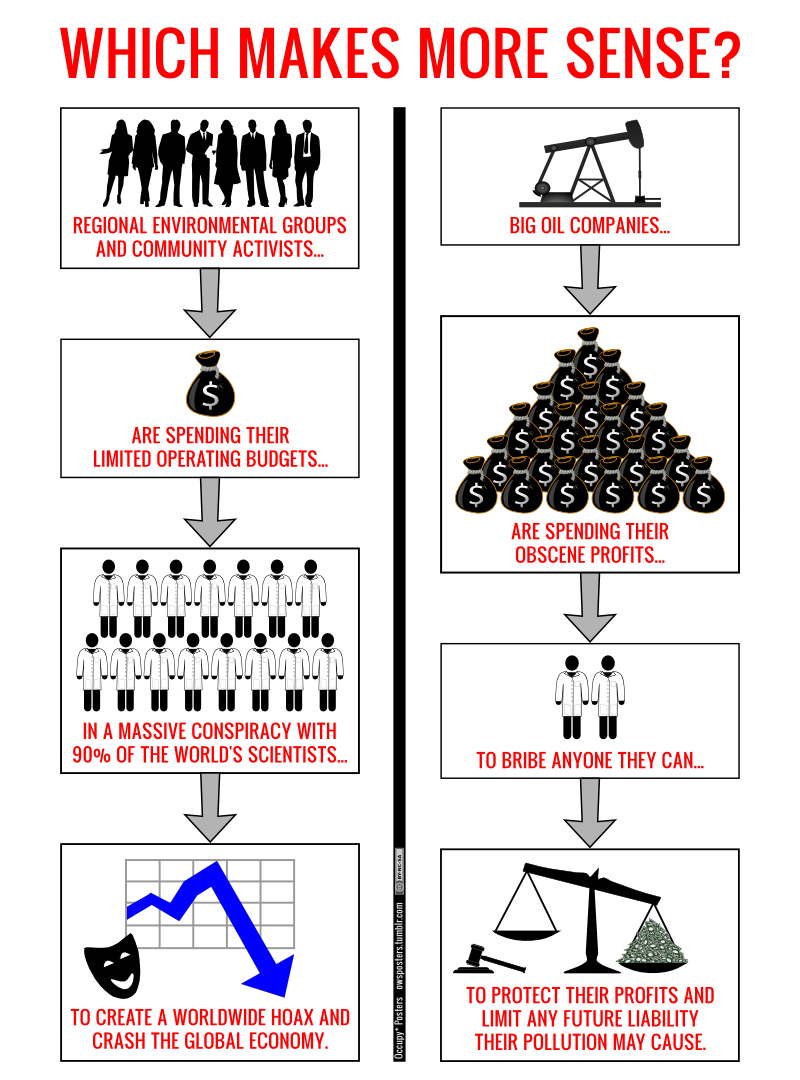Which Makes More Sense?

Exorbitant amounts of greed versus scientific concern. Guess which side is currently winning.

Exorbitant amounts of greed versus scientific concern. Guess which side is currently winning.
Mourning Train to Memphis by Christopher Paul Stelling off of Songs of Praise and Scorn.
The Article: Hypnotized into an endless dirty war by Gary Kamiya in Salon.
The Text: If in the year 2000 the U.S. president had told the American people that the government would soon begin using robot planes to track people, including U.S. citizens, all over the world, and would reserve to itself the right to kill them without trial, it is safe to say there would have been an enormous uproar. But that is exactly what is happening today, and nobody cares. The majority of Americans, including those who were opposed to the war in Iraq, have no problems with their government killing at will, so long as the killing is done in the name of “national security.”
How did this happen? In retrospect, the war in Afghanistan was the prime culprit. That endless, Sisyphean war was the thin end of the wedge. In that murky, shifting struggle, it was normal for the U.S. to arrogate to itself the right to kill the Taliban wherever they were in Afghanistan or Pakistan. Once that precedent was established, it was an small step to killing bad guys in Iraq, Somalia, Yemen and Libya. And so, by imperceptible steps we arrived at the place we are now, where 77 percent of liberals support President Obama’s vastly expanded killer drone campaign, where an American citizen can be remotely vaporized at the touch of a button and no one cares. The war on Afghanistan set the precedent that shaped the entire “war on terror” paradigm. The chimera of “safety from terrorism” led us by easy stages to begin waging dirty war across the globe — changing the definition of war, eroding moral and legal standards and greatly increasing the likelihood of ugly future consequences.
What makes this subject so tricky is that morally, legally and by any standard, the war on Afghanistan was completely justified. Recall the situation before we launched the invasion. 9/11 had just happened. The Taliban were in control of Afghanistan. They had aided and abetted Osama bin Laden, and refused to hand him over. This was an intolerable situation. As accomplices to mass murder, they could not be allowed to get away with their monstrous crimes. Moreover, if bin Laden remained at large he could plan another attack. Removing the Taliban was a matter of self-defense. We had to do everything possible to reduce the chances of another 9/11.
The Article: The Missing Middle in American Politics by Reihan Salam on Foreign Affairs.
The Text: After Lyndon Johnson’s victory over Barry Goldwater in the 1964 U.S. presidential election, the once-mighty Republican Party was reduced to a regional rump. The Democrats won overwhelming majorities in the House and the Senate, which they used to pass Johnson’s Great Society legislation. Republicans, meanwhile, were at one another’s throats, having endured the most divisive campaign in modern political history. Goldwater had managed to win the Republican presidential nomination over the impassioned opposition of moderate and progressive Republicans, who at the time may well have constituted a majority of the party’s members. Moderates blamed Goldwater’s right-wing views for the defection of millions of Republican voters.
To rebuild the party, a number of moderate Republican governors banded together to form the Republican Governors Association, designed to serve as a counterweight to the Republican National Committee, which had been captured by Goldwater conservatives. Shortly after the election, the association issued a statement, sponsored by Michigan Governor George Romney and other leading moderates, calling for a more inclusive GOP and criticizing Goldwater’s campaign. Stung by the failure of many moderates to actively support or even formally endorse his candidacy, Goldwater retorted that he needed no lessons in maintaining unity, having urged party members in 1960 to look past philosophical differences and pull together to support Richard Nixon’s presidential candidacy. Goldwater wrote a letter to Romney dripping with contempt: “Now let’s get to 1964 and ask ourselves who it was in the Party who said, in effect, if I can’t have it my way I’m not going to play? One of those men happens to be you.”
Romney wrote a lengthy reply to Goldwater, warning against European-style polarization. “Dogmatic ideological parties tend to splinter the political and social fabric of a nation,” Romney wrote. Worse, he added, political parties with fixed ideological programs “lead to governmental crises and deadlocks, and stymie the compromises so often necessary to preserve freedom and achieve progress.”
Funny how such wonderful insight into the ‘real’ America comes from an individual who lives outside of it.